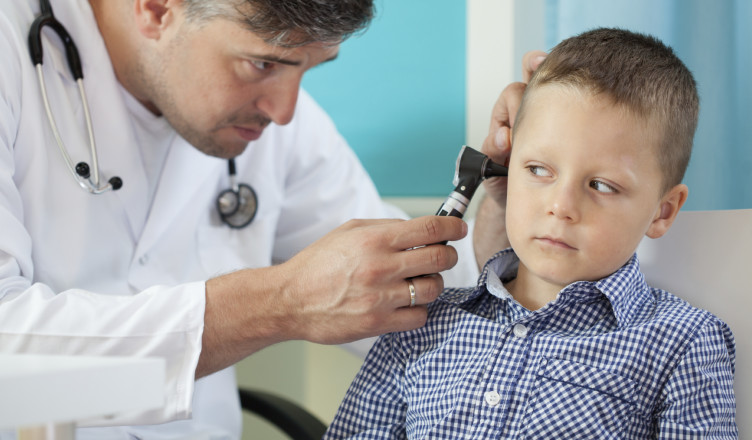Foster children, who are removed from their families due to abuse and neglect, often experience physical and emotional trauma – and they aren’t being treated for it according to the American Academy of Pediatrics (AAP).
Foster children, like most children, need to see a doctor regularly. A child’s immune system is inexperienced in dealing with germs and therefore getting sick is an important part of being a kid. But unlike most children, foster children aren’t being diagnosed because they’re not making it to the doctor’s office.
According to the report, anywhere between 30 to 80 percent of children enter the foster care system with at least one untreated or undiagnosed physical condition, while up to 80 percent have a “significant mental health need.”
The illnesses, according to the report, range from the common, such as asthma, to the severe, such as cerebral palsy.
Part of the issue, according to the report, is due to instability.
Since foster kids are often moved from placement to placement, they do not have a medical home base – or a doctor they can continually see. This is an imperative for getting children who require intensive pediatric, mental health, developmental and educational services the help they need.
Foster Children and Medical Care: New Jersey Leads the Way
However, New Jersey, unlike other states, has policy in place aimed at making sure children get the medical help they require.
New Jersey has Child Health Units (CHU) located in each DCP&P Local Office. The CHU nurse will visit the child in the foster home within three weeks of placement to give a medical exam. For additional information on CHU and the other services they provide, please visit the Resource Family Handbook.
According to DCP&P policy, foster parents are responsible for obtaining appropriate medical and dental care for the child or children in their homes on a routine and emergency basis. This includes required annual physical and dental exams. In NJ, children in care are provided Medicaid which contracts with four Health Maintenance Organization (HMO) programs.
However, some resource families have reported difficulty in finding a doctor that accepts this insurance, especially in instances of specialists. While there’s no easy answer, NJ.com offers some advice, including asking your own primary care physician to suggest some possible names.
It’s important for foster parents to be diligent in making sure foster children receive appropriate medical care, especially in light of this recent report. While it can be a challenge to find a doctor or dentist who accepts this insurance, it’s vital to persevere – even if it means a long drive for those in smaller counties.
Author: Lloyd Nelson, FAFS Digital Media Manager
Lloyd Nelson is the Digital Media Manager of Foster and Adoptive Family Services. He can be reached at lnelson@fafsonline.org.

